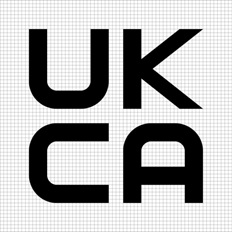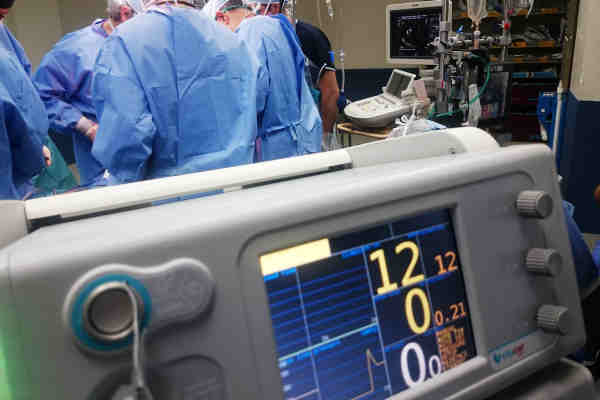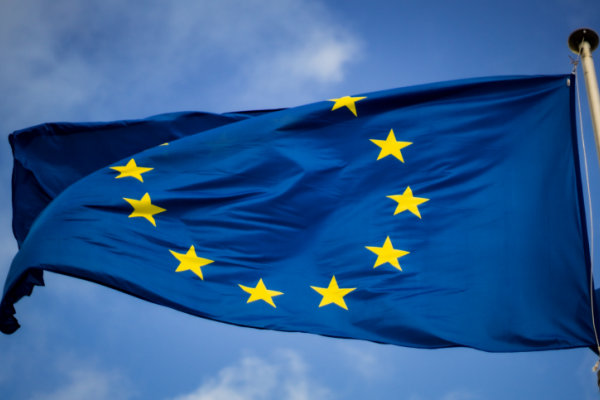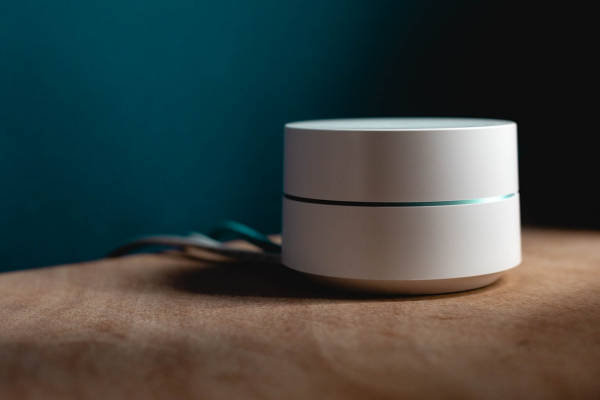CE Brexit Guide & Summary

Do you currently have a CE Marked product that is being sold in the United Kingdom?
The United Kingdom’s proposed Brexit has been a common CE client question. Over the last two years, we’ve been waiting to hear a final answers from the UK on how this would be actually handled. The original Brexit deadline of March 31st 2018 came and went, and we are still waiting on what the final resolution is going to be. With a new Prime Minister set to be elected by July 22nd, 2019 it still remains to be seen what will be the final outcome on Brexit but as of now we do have some indications as to what will be required post-Brexit if the UK proceeds with their Brexit plans.
What does the United Kingdom Currently Require in terms of CE Marking Requirements?
In order to sell your electronics in the United Kingdom, businesses have had to meet the EU’s CE requirements for EMC testing.
For radio transmitters, like BLE / WiFi / ISM band devices, that testing typically has involved meeting the requirements of the Radio Equipment Directive (RED) and Low Voltage Directive (LVD). In addition to this EMC and safety testing, most electronics sold in the EU most almost meet the Restriction on Hazardous Substances Directive (RoHS) and the Waste Electrical and Electronic Equipment Directive (WEEE). To meet the requirements of the applicable EU directives, testing is conducted against the general harmonized standards as it relates to each individual product (such as EN 300 328 for BLE / WiFi, EN 300 489 for CE EMC for wireless devices, and EN 62368-1 for product safety).
Under the CE regulations a manufacturer, importer or the end distributor is responsible for ensuring the device is compliant. Before the responsible party can place their product on the market they must conduct a conformity assessment procedure (CAP) to determine if their product meets the relevant directives and harmonized standards. The CAP processed usually involves compiling the documentation for your product’s technical files, having a test lab conduct the required CE EMC testing as per the harmonized standards, creating a Declaration of Conformity (DoC) that attests to your product’s compliance, and then preparing a compliance plan to ensure continued adherence to the required standards.
Under Brexit What Will Be Required for my CE Marked Products?
The current guidance from the United Kingdom’s Department of Business, Energy, and Industrial Strategy (BEIS) is that if there is a no-deal Brexit and then there will be grandfathering of existing products, following by a transition period, following by a new regime of testing that is British specific for products:
- For any existing electronic products that currently are using the CE mark, if your equipment is placed into the United Kingdom prior to Brexit, it will continue to remain compliant after Brexit. One important unanswered question here is how long will this equipment stay compliant? Over time the CE standards are incremented and re-testing is required. It’s not entirely certain how this scenario will be handled, but the immediate answer is that manufacturer’s will be able to use their existing CE testing to demonstrate compliance to the U.K.’s requirements.
- For manufacturer’s products who are undergoing current testing and/or in design which are almost ready for release, if your equipment meets the CE requirements and the UK has left the EU, you will have a 18-month transition period where the CE testing will be acceptable to meet British testing requirements.
- At the end of the 18-month transition period, any new products sold into the UK will need to meet, as of yet to be determined “U.K.-Specific” RF / EMC testing standards. The UK has stated that they intend to continue to use the CE Harmonized Standards as “designated standards” so that there is a shared requirement between the EU and UK, but there is also specific language that seems to indicate there could be additional U.K. testing required and or potential deviations from the CE harmonized standards. This of course is a bit unclear how this will be implemented in the future and likely will be a work in progress. Our feeling is that CE standards will be largely mirrored in the UK, so any potential testing deviations should be fairly small.
- In addition to the transition period, the U.K. will create a completely new mark that British manufacturers will need to have placed on all equipment that is sold into the U.K market after Brexit. The new mark will be called the UKCA mark.
- Manufacturer’s and Distributors of their products will continue to have the same legal obligations in the U.K. as they currently face in the EU, and we would expect U.K. customs to have a similar enforcement protocol as currently is used in the EU.
- Any company which imports finished electronics into the U.K from the EU, will be deemed an “importer” and as an importer will have to meet certain post-Brexit requirement such as labeling the end product with their company’s name, trademarks (if applicable) and a contact address. Importers must ensure that the Conformity Assessment Procedure (CAP) has been correctly executed and that all imported products into the U.K. carry the appropriate conformation markings (including the new UKCA mark). Importers will be expected to review and ensure that product manufacturer’s have drawn up the correct technical documentation and also complied with any requirements. Finally, any importer will be responsible to ensure that any imported product continues to meet the required regulatory standards and will be expected to exercise good judgement and due diligence in executing continued monitoring of their products to ensure they continue to conform to all requirements.
What happens if there is a deal-on-Brexit?
Honestly, we certainly hope this is the outcome. The BEIS has stated if there is a deal made with the EU on the Brexit, they would prefer to combine the EU harmonized standards into their own regime. The likely outcome of this merger would be that there will be very few deviations and U.K. specific testing that would be required. One unknown point here is whether the UKCA mark would be required on products or if the CE Mark would be considered sufficient.
What is the proposed UKCA Mark?

The UKCA (UK Conformity Assessed) mark is the currently subject to final parliamentary approval. The intent is that the UKCA mark will be used for products that are placed in the U.K. market in the event of a no-deal Brexit. The UKCA mark would be used in the same fashion as the CE mark, and it appears the regulatory requirements would be the same as with the CE> There seems to be suggestion from that if a U.K. based Notified Body issues a formal type examination certification to meet the UKCA, that an EU-based Notified Body would also accept the previous testing and could issue an EU type approval as well. As the UKCA as a whole is still pending final approval, this is all still hypothetical but it seems more and more likely that we will be seeing the UKCA mark in the near future.
How would this affect U.K. Notified Bodies?
One of the unknown points right now with Brexit, is precisely how would current products that were issued Type Examination Certifications from a U.K. based Notified Body. In 2018, the European Commission stated that U.K. NB Type Examination Certifications would be invalidated upon Brexit. This is incredibly worrying for many clients who have product’s that do not meet the current CE Harmonized Standards but were found to be compliant to the general directives through an NB Type Examination. While no final ruling has been made on this particular, if you have a potential affected product, it would be our hope that the EU provides a straightforward mechanism to re-certifying through an EU based NB that would not required updated re-testing.
How Can You Help With Testing Our CE & UK Products Upon Brexit?
A large part of our business involves CE testing for a wide range of electronic products, and many of our clients also sell these product’s in the UK. In the course of business we are on the front lines of this regulatory quagmire working with various testing agencies, regulators, and Notified Bodies throughout the EU & UK. While no one knows the exact future of how Brexit is going to occur, it does appear that in any case manufacturers of electronics are going to need updated testing and marking to meet the new British requirements upon any form of Brexit. We stand ready to assist in any consultation or testing as will be required for new and existing clients to meet all of these regulatory changes. Feel free to contact us or request a quote for any CE Brexit related questions.
We make compliance testing easy.
Submit your project details today for a no-cost quote
Request Quote

